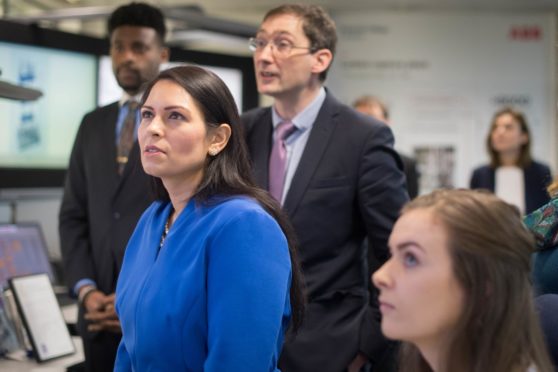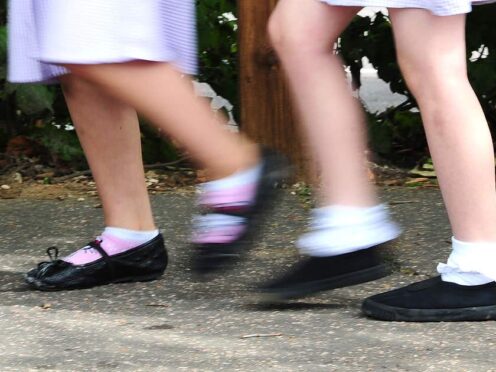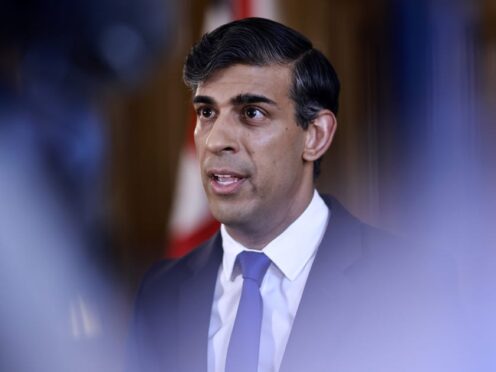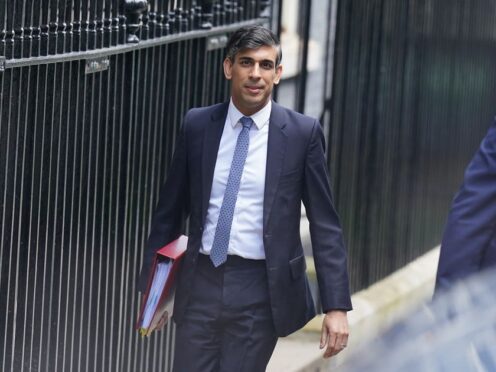Tighter immigration rules will damage high streets and harm vulnerable people who rely on prepared meals, one of the country’s leading hospitality associations has warned.
UKHospitality chief executive Kate Nicholls said plans for a points-based immigration system “fail to deliver” on the government’s aim of creating one that works for the UK economy and its people.
And the chief executive of the Scottish Tourism Alliance said the plans are now the “biggest threat” to tourism in Scotland.
Ms Nicholls said: “Ruling out a temporary low-skilled route for migration in just 10 months’ time will be disastrous for the hospitality sector and the British people. Businesses must be given time to adapt.
These proposals fail to deliver on the Government’s own objective of providing an immigration system which works for the UK’s economy and its people.
“These proposals will cut off future growth and expansion and deter investment in Britain’s high streets.
“It will lead to reduced levels of service for customers and business closures. Hospitality is already facing an acute labour shortage, despite investing heavily in skills, training and increasing apprenticeships for the domestic workforce.
“We are facing record low levels of unemployment, a dip in young people entering the labour market and have the highest vacancy levels of any sector.”
Ms Nicolls added: “This announcement fails to recognise that hospitality is at the heart of every community in the UK. Damaging the hospitality sector will have a knock-on effect for schoolchildren and the elderly who rely on the sector for their meals.
“The government says it is making allowances for staff in the NHS, but it has totally ignored the catering companies who supply the meals to patients and staff.
“We understand the government’s desire to deliver on the referendum result and its aim of moving to a skills-based immigration system.
“We fully support the ambition to upskill the domestic population and provide opportunities for people in every part of the UK.
“These proposals fail to deliver on the Government’s own objective of providing an immigration system which works for the UK’s economy and its people.”
‘The biggest threat to Scotland’s tourism industry’
Marc Crothall, the chief executive of the Scottish Tourism Alliance, said the plans show Scotland needs a separate immigration system
He said: “The announcement of the UK government’s plans for a new points-based immigration system appears now to be the biggest threat to Scotland’s tourism industry.
“This system will exacerbate the existing recruitment challenge the industry is already facing due to the current steady decline in international workforce retention and application and there not being a sufficient number of skilled workforce available to tap into, placing the sector, one of the most important economic drivers for Scotland in severe jeopardy.
“These plans totally disregard the skill set and importance of those who work in the sector and go against what is needed in Scotland as a whole; a need for population growth which is why the STA in principle fully supports the Scottish Visa proposal recently announced by Scottish Government.
“Scotland’s situation is unique; we have very fragile areas in our economy and it is more important than ever that we’re able to attract and retain people, particularly in the Highlands and Islands and other rural areas.
Hugely worrying. Scotland’s food & drink sector has over 40,000 jobs to fill in the next 10 years. This policy fundamentally misunderstands how our economy works and how crucial immigration is in a country whose population will decrease without it. https://t.co/x5eY6iQzLe
— James Withers (@scotfoodjames) February 19, 2020
“We need a differentiated system that is responsive to the specific needs of our tourism industry, our demography and our wider economy and sectors. The impact of the UK Government’s new immigration plans will have a profound impact across local economies, particularly in rural areas.”
We, along with many other sector groups representing Scotland’s business economy, believe that a bespoke Scottish Visa will address the urgent and distinctive need to drive population growth, not restrict it.”











